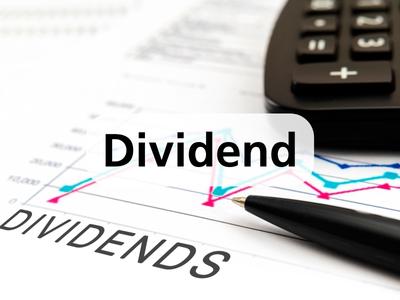Dividend
 Summary: Cash, stocks or other bonuses paid to shareholders based on the company’s income.
Summary: Cash, stocks or other bonuses paid to shareholders based on the company’s income.
A dividend is a distribution of a company’s earnings or profits to its shareholders. It can be cash, stocks, or anything else, and is paid from the company’s net income. Under Singapore’s Companies Act, a company cannot pay dividends if it isn’t turning a profit. If dividends are paid without profit, the CEO(s) or other directors who deliberately allowed this to happen could face legal charges.
Different Kinds of Dividends
- There are two main kinds of dividends:
Final Dividend – This type of dividend is announced at the company’s Annual General Meeting (AGM) with the shareholders’ agreement. The amount depends on the yearly profit after considering the company’s financial statements. Once declared, final dividends are set in stone and cannot be reduced or withdrawn. - Interim Dividend – The board of directors declares this dividend based on the company’s provisional profits before the AGM and full-year financial results are out. Although companies are not obligated to commit to this kind of payment, it’s in their best interests to stay reliable to protect their reputation and keep their investors content.
It’s worth noting that a company isn’t required by law to give dividends to its shareholders. It can reinvest the profits or save them for a rainy day. But they’re required to declare any dividends before they’re paid out.
In Singapore, dividends have no tax implications for shareholders due to the one-tier taxation system. After a company pays corporate taxes on its profit, shareholders are off the hook and don’t need to pay income tax.


